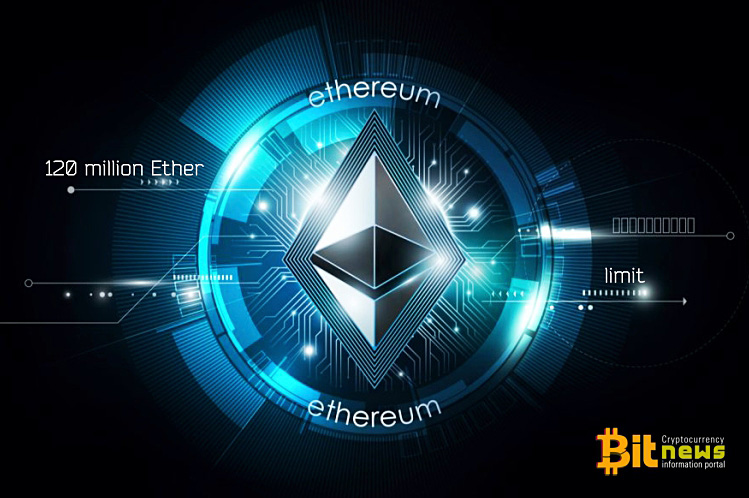
On October 30, the creator of the ERC-20 token standard, Fabian Vogelstellar, proposed the concept of a “reverse ICO” (RICO) onEthereum Devcon4 Developer Conferences. RICO implies the possibility of a return on invested funds at any stage of the development of the blockchain project.
Vogelstellar expressed dissatisfaction with the actionsthe management of many startups who, after the end of the ICO, “buy a Lamborghini for themselves instead of working on the project.” According to Fabian, the concept of RICO will reduce the likelihood of fraud in the blockchain space, since investors will be able to get their money back if they believe that the company is not fulfilling its obligations.
How will a reverse ICO work?
The reverse ICO function will be applied untilstart of the initial coin offer. Fabian suggests making a change to the code of the smart contract, which is used to issue tokens. Modification of the code will allow investors to withdraw invested money to their cryptocurrency wallet.
To protect startup blockchain from the situation,in which all investors withdraw the invested money and leave the company without financial resources, Fabian recommends conducting a preliminary stage of attracting investments to obtain basic financing, which is not refundable.
ICO evolution
As the blockchain industry develops, investorsStartups require additional guarantees and the ability to manage their investments. ICO as a form of attracting financing does not bring dividends to customers and does not give a voting right. Unlike shareholders, token holders cannot influence the work of the company in which they invested. The situation can partly be changed by the concept of a reverse ICO.
Vitalik Buterin, the creator of Ethereum, proposedmodel of “Decentralized Autonomous ICO” (DAICO). The idea of DAICO is in many ways similar to the concept of RICO: participants in a decentralized autonomous ICO will vote on the spending of funds by a blockchain startup. If token holders believe that the company is not fulfilling its promises, they will be able to slow down the process of transferring money from the deposit account to the company's account or even return the invested funds.
Both models, RICO and DAICO, will help combatdishonest entrepreneurs. This will reduce the number of fraud cases in the blockchain industry, which will increase its attractiveness to investors.



